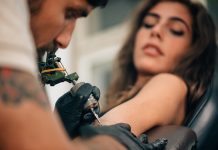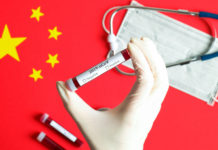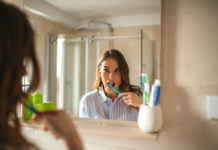 Full results of the study looking for effectiveness and safety of the coronavirus vaccine are published. This study was done according to all international standards. It was randomized, double blind and placebo controlled. It means that recipients of the vaccine were chosen at random to avoid other factors affecting vaccine efficacy. Neither researches, no participants knew who is getting the real vaccine to avoid bias when analyzing the results.
Full results of the study looking for effectiveness and safety of the coronavirus vaccine are published. This study was done according to all international standards. It was randomized, double blind and placebo controlled. It means that recipients of the vaccine were chosen at random to avoid other factors affecting vaccine efficacy. Neither researches, no participants knew who is getting the real vaccine to avoid bias when analyzing the results.
Who and How received the vaccine
About 15000 people received the full vaccination with two doses, about 5000 people received placebo.
Average age of participants was 45 years. 34% of them were people older than 50 years. The oldest vaccinated person was 87 years old.
A quarter of participants had chronic diseases (diabetes, hypertension, ischemic heart disease) or obesity.
27% of participants had above moderate risk of coronavirus infection: doctors, social workers, shopping assistants etc.
All participants received 2 doses 21 days apart.
Results for effectiveness and protection against COVID
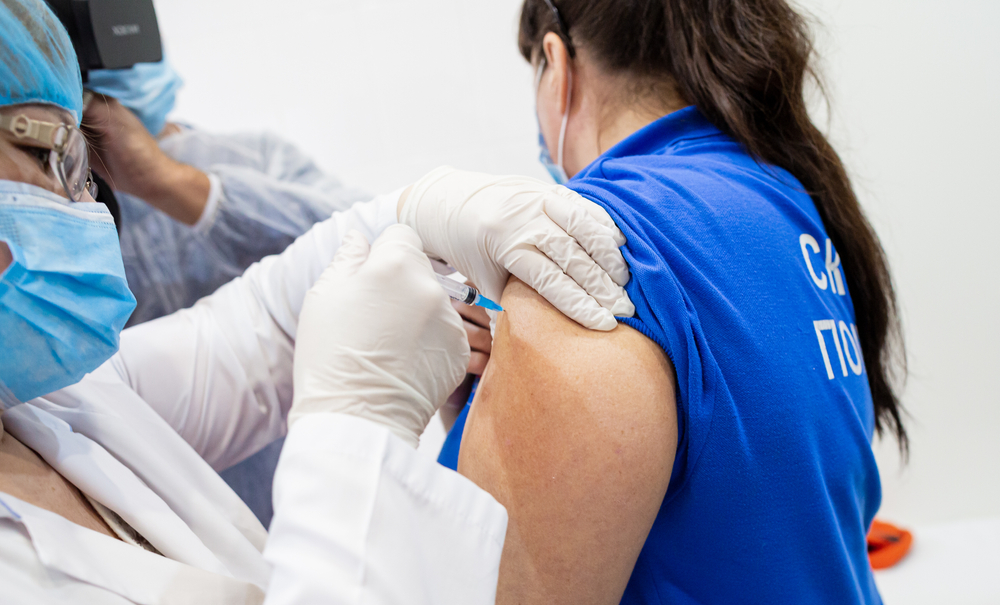 After the full vaccination, 21 days after the first dose (the day of the second dose) there were only 16 cases of coronavirus infection among 14964 vaccinated participants. Less than 0.1%! Among 4902 participants, who received placebo, there were 62 cases of coronavirus infection – 1.3% (a 13 times higher risk compared to vaccinated people). Thus, the efficacy of the full Sputnik V vaccine is 91.6%!
After the full vaccination, 21 days after the first dose (the day of the second dose) there were only 16 cases of coronavirus infection among 14964 vaccinated participants. Less than 0.1%! Among 4902 participants, who received placebo, there were 62 cases of coronavirus infection – 1.3% (a 13 times higher risk compared to vaccinated people). Thus, the efficacy of the full Sputnik V vaccine is 91.6%!
Notably, that efficacy for people older than 50 and 60 years old was above average: 92.7% and 91.8%, respectively. It means, the vaccine offers not less, but more protection to those who are at risk compared to others.
And particularly important that there were no cases of moderate or severe COVID among vaccinated people. Those who did get infected after vaccination tolerate COVID very well. So, the vaccine protects against severe COVID and death.
What will happen if you get only one dose of the vaccine?
Even if only one dose is received, the vaccine still significantly reduces the risk of disease. The risk of coronavirus infection after at least one dose is 73% lower compared to unvaccinated people. 2 weeks after the first dose, efficacy increases to 87.6%.
The risk of severe COVID is 73.6% lower for people vaccinated with at least one dose, compared to unvaccinated. However, this protection appears only 14 days after vaccination.
When does the vaccine start to protect you?
Vaccine doesn’t start to work immediately. It’s effects start to show about 16-18 days after the first dose. Before that the risk of getting coronavirus is the same in vaccinated and unvaccinated people.
Does everybody develop antibody and immunity after the vaccine?
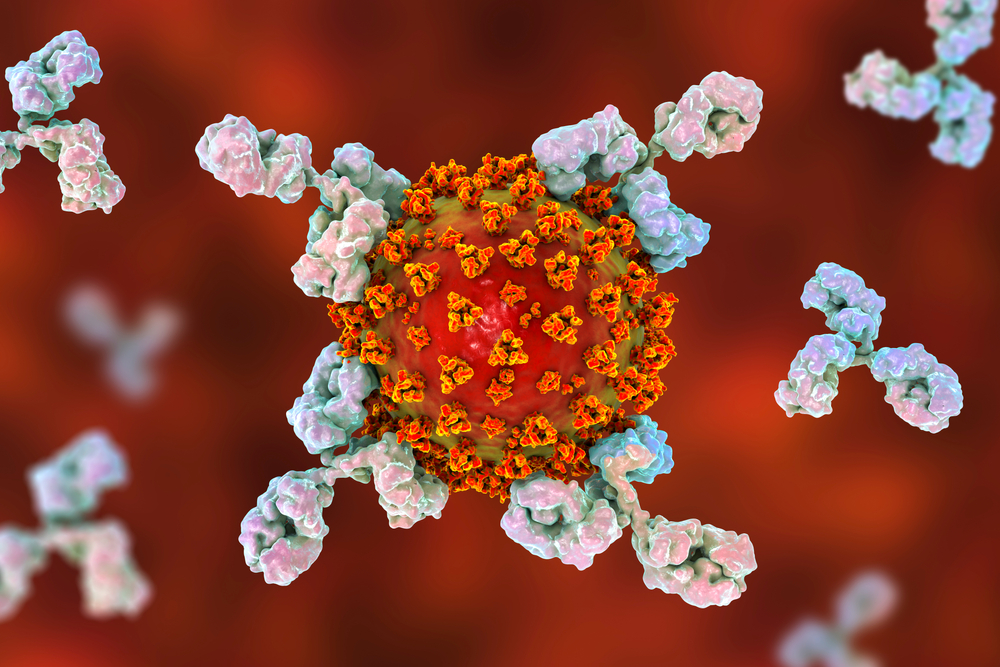 On the 42nd day after vaccination 98% analyzed vaccinated study participants had antibodies to coronavirus. And there were no significant differences between age groups. Antibodies are being produced well at all ages.
On the 42nd day after vaccination 98% analyzed vaccinated study participants had antibodies to coronavirus. And there were no significant differences between age groups. Antibodies are being produced well at all ages.
And cellular immunity was seen in all analyzed vaccinated participants on the 28th day.
The vaccine is effective in producing immunity in all ages!
What are the side effects?
The most common side effects were flu-like symptoms, local reaction at site of injection, headache. Majority of side effects (94%) have been mild. Analysis of all severe adverse events showed that they were not related to the vaccine.
The results of the study show that full vaccination with Sputnik V is effective in protecting from coronavirus infection and severe COVID.
Who participated in the study?
Adults older than 18 years old.
The following groups didn’t participate in the study:
- People with other vaccine within the last 30 days
- People who used steroids or immunoglobulins within the last 30 days
- People who received immunosuppression within the last 3 months
- People with immunodeficiency within the last 6 months
- Pregnant or breastfeeding women
- People with allergies to vaccine components
- People with tuberculosis or other chronic systemic infections
- People with AIDS, Syphilis, Hepatitis B or C
- People with heart attack or stroke within a year
- People with neoplasms
- People who donated blood within 2 months or had significant blood loss, or severe anemia
- People with spleen removed
- People with neutropenia
- People with anorexia
- People with large tattoos at site of injection
- People alcohol or drug dependence
Thus, if you recently had another vaccine, took steroid medication (prednisolone, methylprednisolone etc), immunoglobulins and other immunosuppressants, you should get the vaccine after the respective time period.
If you are pregnant or breastfeeding, or have an active disease, you should wait for the condition to pass before vaccination.
Аuthor:
Dr. Yury Malyshev
@MalyshevMD
Maimonides Medical Center





